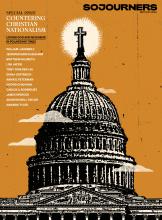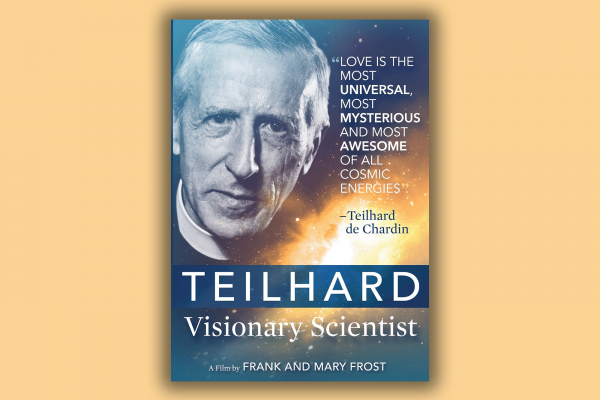IN SOME WAYS it’s hard to appreciate today the significance of Jesuit paleontologist Pierre Teilhard de Chardin. Much of what he wrote that was then viewed as heresy by the Catholic Jesuit Order — that the story of Adam and Eve is not scientific fact; that God’s creative work did not end with Genesis, but rather continues through evolution; that the entire material universe is at its core spiritual and grace-filled — are ideas that are now widely accepted within the church. In fact, Teilhard’s thoughts on the sacramentality of the world lie unabashedly at the heart of much of what Pope Francis has said about the environment.
The new PBS documentary Teilhard: Visionary Scientist paints a masterful and unexpectedly emotional portrait of this French priest who spent his life suffering for his love of the church and the world. Beginning with his youth and drawing frequently on his own words, Visionary Scientist walks with Teilhard as he is dazzled by the wonders of nature around his family’s home in Auvergne, then follows him into the Jesuits, where he’s taught that a religious vocation requires one to shun the world, to view it with contempt.
Read the Full Article

